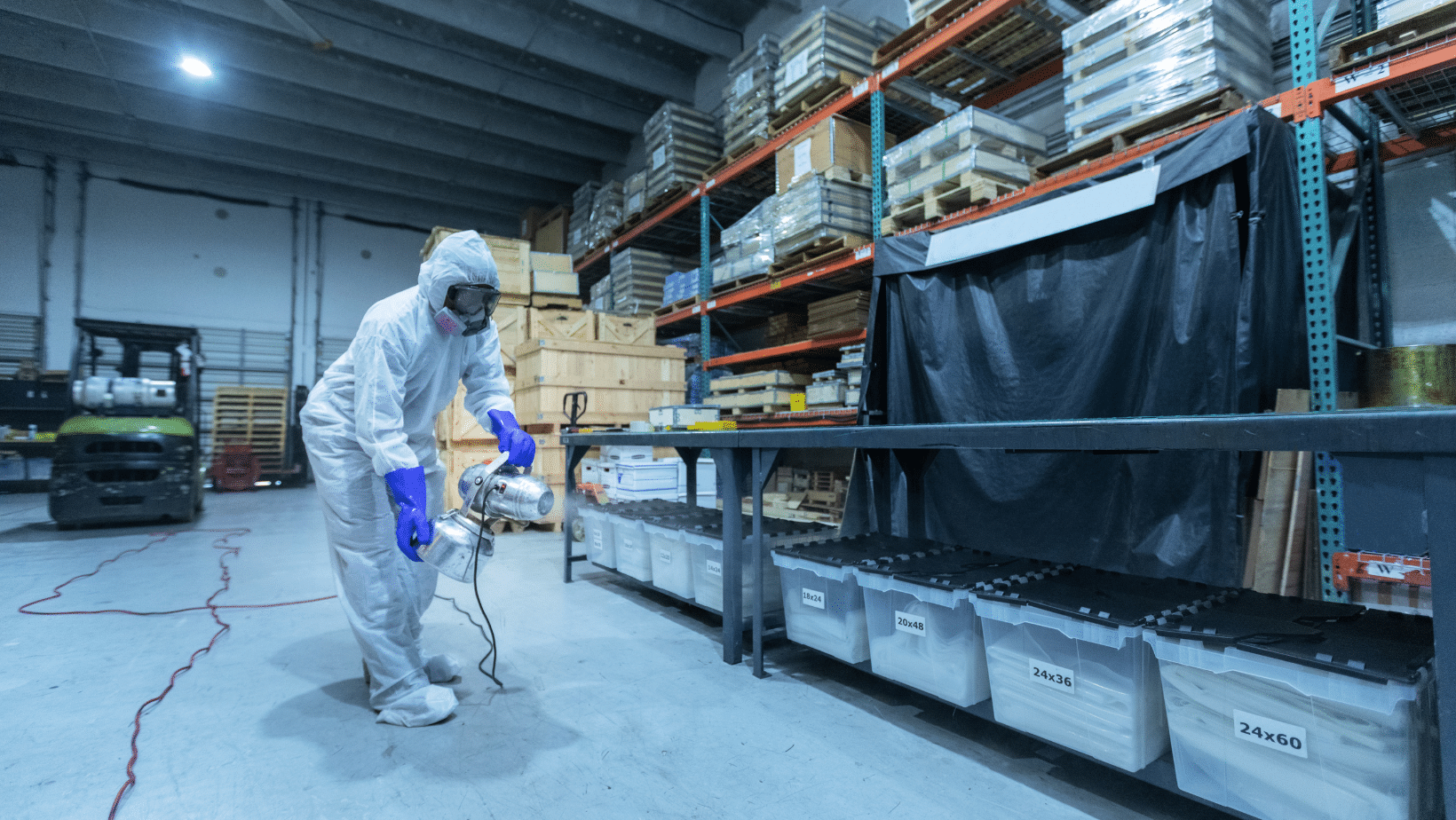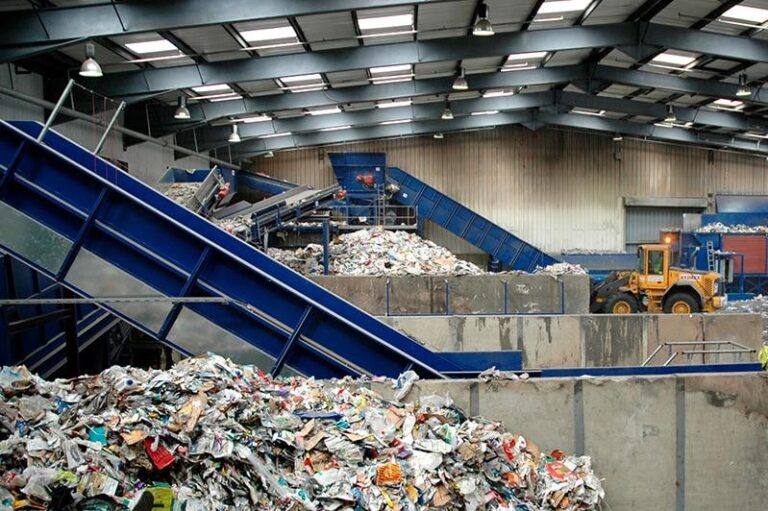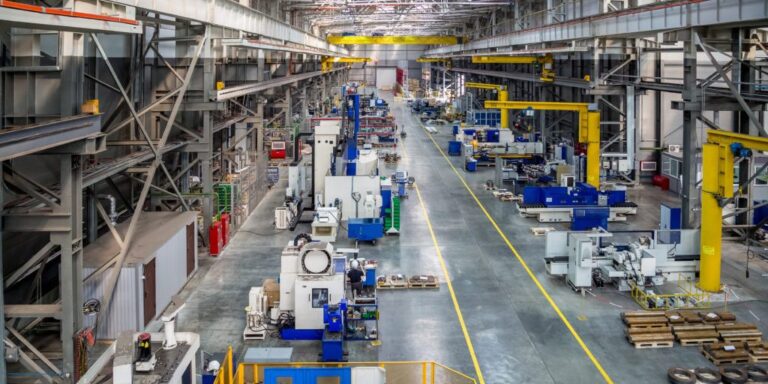Manufacturing facilities, processing plants, and warehouses are the pillars on which Mississippi boasts an extremely healthy and thriving economy. These industrial environments help us maintain running our state, still they pose certain risks in terms of work health and safety. Here’s where industrial cleaning in Mississippi becomes an essential factor. Let’s explore why this practice is so important and how it benefits the workers and businesses.
The Hidden Dangers of Dirty Workspaces
A dirty industrial workspace isn’t just unsightly; it’s hazardous. This is because dust, debris as well as grime when accumulated poses the variety of risks. For one, they can create slippery surfaces that increase the likelihood of slips, trips, and falls.
Furthermore, when dirt and debris build up on machinery, it can lead to equipment malfunction. Quite often the contaminants produce alongside the heat overheating, corrosion and, in some instances, even fire.
Enhancing Air Quality
Air quality is often overlooked in industrial environments, yet it’s a critical factor in maintaining a safe workspace. It is almost impossible to work in an industrial environment without coming across dust and airborne particles which if not well handled can become health risks.
Filtering of these particles from the air is made possible by industrial cleaning hence enhancing the quality of air. This not only helps to create healthy working environment for the employees but also minimizes any chances of developing contamination in the air which can in one way or the other affect the products being produced.
Preventing Contamination and Cross-Contamination
In many cleanliness is paramount. Contamination in these environments can have severe consequences, ranging from product recalls to legal ramifications.
Cross-contamination, where harmful substances are inadvertently transferred from one surface to another, is another significant concern. Effective cleaning practices help prevent this by ensuring that all areas of the workspace are thoroughly sanitized, reducing the risk of contaminants spreading.
Compliance with Regulations
Industrial facilities are subject to stringent regulations regarding cleanliness and safety. Failure to comply with these regulations can result in hefty fines, legal action, and damage to a company’s reputation.
For example, the Occupational Safety and Health Administration (OSHA) has specific guidelines that industries must follow to maintain a safe and healthy work environment. Regular cleaning helps businesses meet these guidelines, avoiding potential penalties and ensuring that employees work in a safe environment.
Boosting Employee Morale and Productivity
A clean workspace doesn’t just benefit employees’ physical health—it also impacts their mental well-being and productivity. Working in a cluttered, dirty environment can be demotivating and stressful, leading to decreased productivity and higher absenteeism.
On the other hand, a clean and well-maintained workspace boosts employee morale. It shows that the company values its workers and is committed to providing a safe and pleasant work environment.
Extending the Life of Equipment
Industrial equipment is a significant investment, and proper maintenance is key to extending its lifespan. Regular cleaning is a crucial part of this maintenance. Dust, dirt, and grime can accumulate on machinery, leading to wear and tear over time.
By keeping equipment clean, businesses can reduce the risk of damage and extend the life of their machinery. This not only saves money in the long run but also ensures that operations run smoothly without unexpected disruptions.
Reducing Environmental Impact
Industrial cleaning isn’t just about maintaining safety and efficiency; it also plays a role in reducing environmental impact. Many industrial processes generate waste and pollutants that can harm the environment if not properly managed.
Additionally, many industrial cleaning practices now incorporate environmentally friendly products and methods. By choosing green cleaning options, businesses can further reduce their environmental footprint while still maintaining a high standard of cleanliness.
Minimizing the Risk of Accidents
One of the most critical reasons for maintaining cleanliness in industrial settings is to minimize the risk of accidents. Slips, trips, and falls are among the most common workplace accidents, and they are often caused by unclean or cluttered environments.
Moreover, a clean environment allows for better visibility, making it easier for workers to navigate the workspace safely. When floors, walkways, and equipment are kept clean, it reduces the likelihood of accidents, protecting employees and reducing the risk of costly downtime.
The Role of Professional Cleaning Services
While regular in-house cleaning is essential, it’s often not enough to maintain the high level of cleanliness required in industrial settings. Professional cleaning services have the expertise, equipment, and products needed to thoroughly clean industrial environments.
Professional cleaners are also trained to handle hazardous materials safely, reducing the risk of exposure for employees. By outsourcing cleaning to professionals, businesses can ensure that their facilities are maintained to the highest standards, allowing them to focus on their core operations.
Concluding Thoughts
Maintaining cleanliness in industrial environments is not just a matter of appearance; it’s a critical component of ensuring safety, efficiency, and compliance. Regular industrial cleaning helps to prevent accidents, protect employee health, and extend the life of equipment. If you’re considering ways to enhance the safety and efficiency of your industrial workspace, professional cleaning services can make a significant difference.




